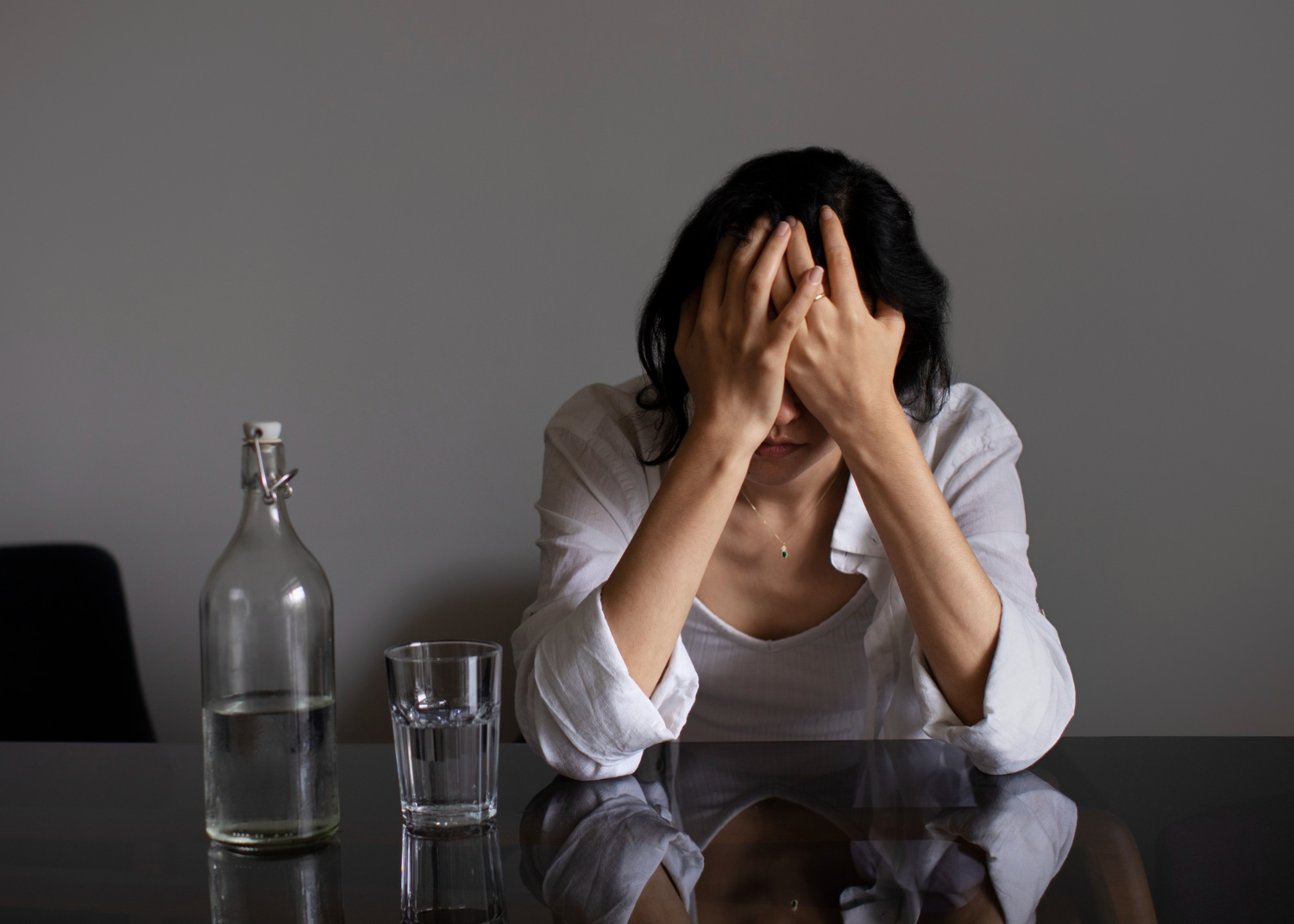Addiction is a relentless adversary, an equal-opportunity destroyer of lives. But did you know that it doesn’t play fair? It affects women in unique and often underestimated ways. In this article, we’ll dive into the world of addiction and explore how addiction affects women differently. From biological factors to societal pressures, we’ll unravel the intricate web of addiction in the lives of women. So, fasten your seatbelts, because it’s going to be a revealing journey into a topic that impacts countless lives.
Addiction Affects Women: The Basics
Before we delve into the nuances, let’s establish a common understanding of addiction.
What is Addiction?
Addiction is like a sly trickster that sneaks into one’s life, slowly but steadily taking control. It’s a compulsive and chronic brain disease that makes people continue seeking substances or engaging in behaviors that bring temporary pleasure but long-term harm. These substances or activities can range from drugs and alcohol to gambling, food, and even the internet.
How Addiction Affects Women Differently
Now, let’s zoom in on the unique ways addiction affects women. We’ll tackle this topic through a series of FAQs.
What Biological Factors Make Women Vulnerable to Addiction?
1. Hormonal Rollercoaster
Women experience hormonal fluctuations throughout their lives, from puberty to menopause. These hormonal changes can influence addiction susceptibility. For instance, during certain phases of the menstrual cycle, women may be more prone to cravings and impulsive behavior, making it easier to fall into the grip of addiction.
2. Metabolism Matters
Women generally have a slower metabolism than men. This means that when they use substances like alcohol or drugs, their bodies may retain these substances longer, increasing the risk of dependence and addiction.
3. Size Isn’t Everything
In the world of addiction, body size can be a game-changer. Women, on average, have smaller bodies than men. This means that a smaller amount of a substance can have a more potent effect on them, making them more susceptible to addiction.
How Do Societal Pressures Play a Role in Women’s Addiction?
1. The Superwoman Syndrome
Women often juggle multiple roles – as mothers, wives, career professionals, and caregivers. The pressure to excel in all these areas can be overwhelming. To cope, some women turn to substances, seeking a temporary escape from the relentless demands of modern life.
2. Stigma and Shame
Society often places harsher judgments on women who struggle with addiction. The fear of being labeled as a ‘bad mother’ or ‘irresponsible wife’ can deter women from seeking help, causing their addiction to spiral out of control.
3. Unique Trauma
Women are more likely to experience certain types of trauma, such as sexual assault and domestic violence. These traumatic experiences can be triggers for addiction, as women may use substances to numb the emotional pain.
Are There Gender-Specific Treatment Approaches?
1. Tailored Treatment
Recognizing that addiction affects women differently, some rehab centers offer gender-specific treatment programs. These programs address the unique needs and challenges women face in their journey towards recovery.
2. Supportive Communities
Women’s support groups, both online and offline, provide a safe space for women to share their experiences and seek guidance from others who have walked a similar path.
3. Holistic Healing
Many women benefit from holistic approaches to recovery, which focus on healing the mind, body, and spirit. These approaches often incorporate therapy, mindfulness practices, and self-care techniques.
How Can Women Overcome Addiction?
1. Seek Help Early
The first step towards recovery is acknowledging the problem and seeking help. Remember, asking for help is a sign of strength, not weakness.
2. Build a Support System
Surround yourself with a network of supportive friends and family. Lean on them when the going gets tough. You don’t have to face addiction alone.
3. Set Realistic Goals
Recovery is a journey, not a sprint. Set achievable goals and celebrate each milestone along the way. Small victories add up to significant changes.
4. Self-Compassion
Be kind to yourself. Understand that relapses can happen, but they don’t define your journey. Learn from them and keep moving forward.
Final Words
In the battle against addiction, women face unique challenges, influenced by both biology and society. Understanding these differences is the first step towards effective prevention and treatment. Addiction doesn’t discriminate, but it does affect women differently.
The good news is that with the right support and resources, women can conquer addiction and emerge stronger than ever. So, let’s continue to raise awareness, break the stigma, and provide the help that women battling addiction truly deserve. Together, we can make a difference in their lives and pave the way for a brighter, addiction-free future.
If you or someone you know is struggling with addiction, it’s crucial to seek help and support tailored to your unique needs. Life Steps Consulting is here to guide you on your journey to recovery.




